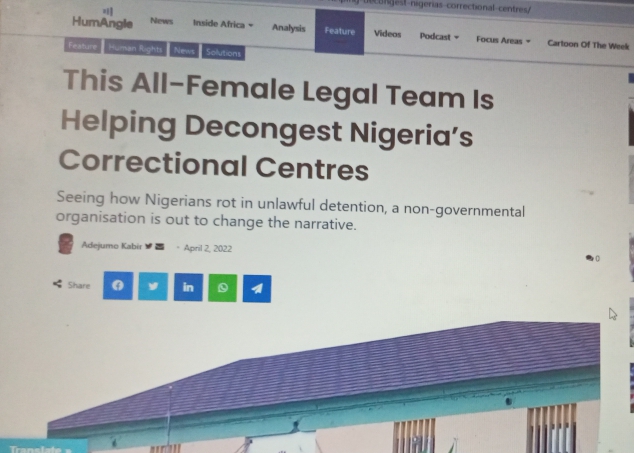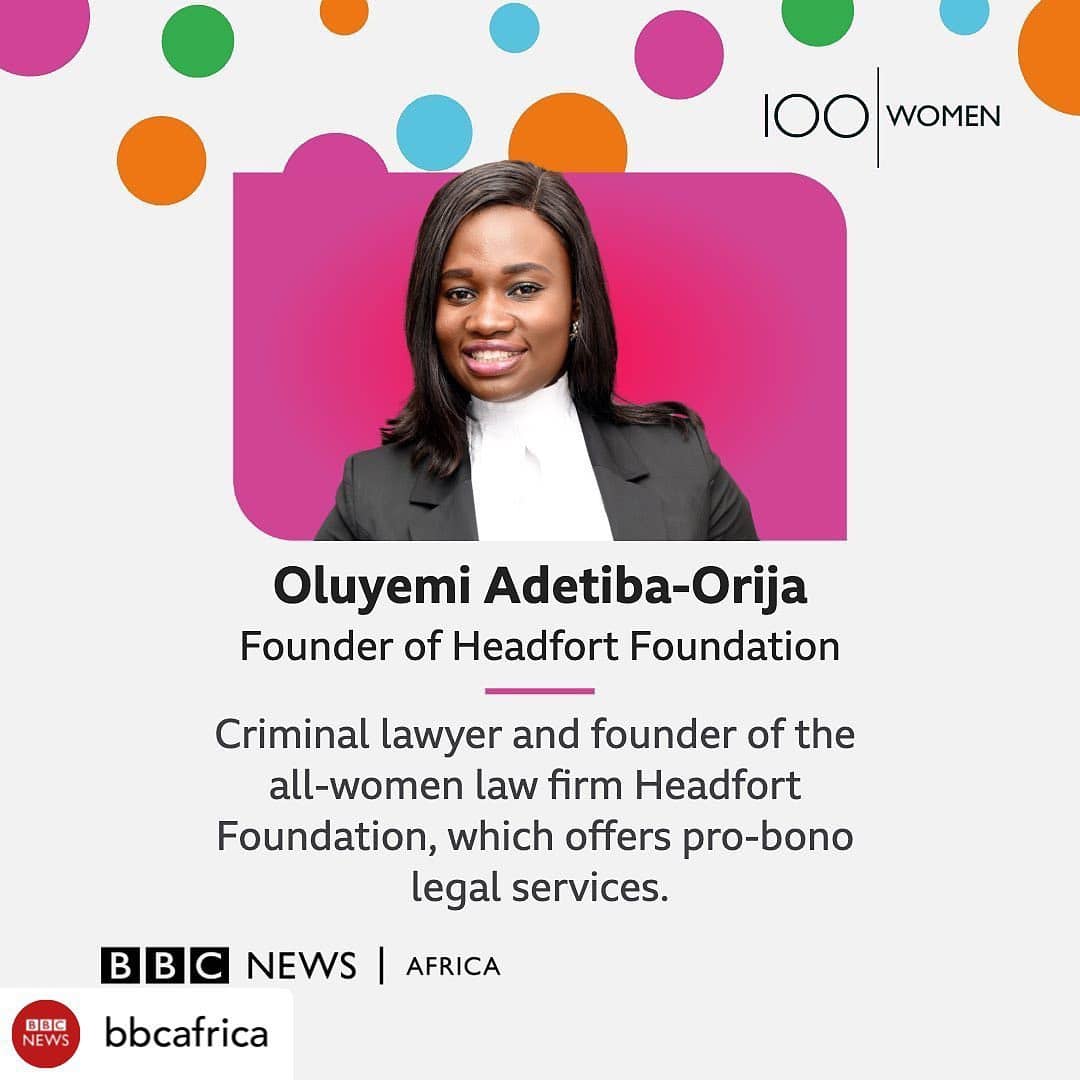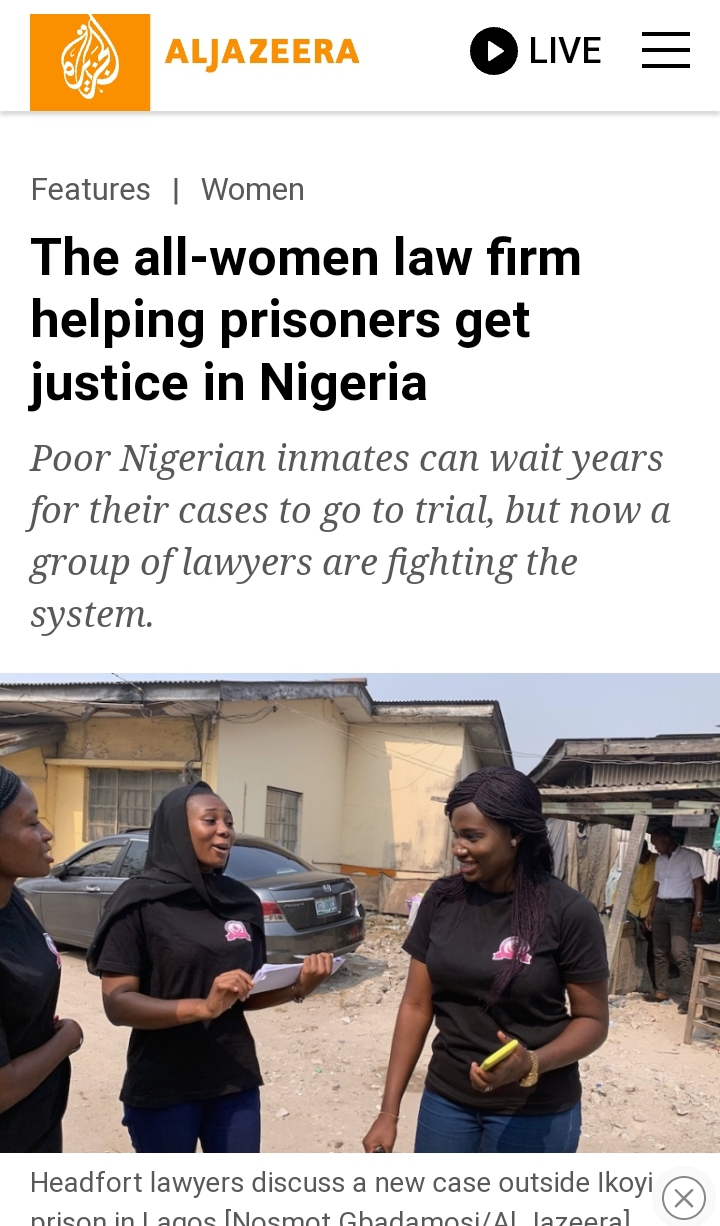 Blog Post
Blog Post
The seminar was organized by the Nigerian Bar Association (NBA) in collaboration with the MacArthur Foundation on Wednesday, 28th April 2022. The focus was on the key innovations of the Administration of Criminal Justice Law (ACJL) of Lagos State 2021 while the key discussants were Hon. Justice Rahman Oshodi of the High Court of Lagos State; Dr. Babajide Martins, the Director of Public Prosecution, Lagos State Ministry of Justice; Rotimi Oladokun, of the Nigerian Correctional Service and Yetunde Cardoso of the Nigeria Police Force.
Highlights of the Interactive Seminar
1. According to the Attorney-General (AG) of Lagos State, Mr. Moyosore Onigbanjo SAN, the purpose of the ACJL is to ensure that the fundamental rights of suspects align with modern best practices which needs to be safeguarded and to this end, the police as an agency of the criminal justice administration as well as the first point of contact for citizens indicates that we need to equip the police by training and retraining their investigating officers. The AG therefore outlined some of the key innovative provisions in the ACJL (Amendment Law) 2021 such as the power of magistrates to visit police stations – (Section 283); prohibition of arrests in lieu of another and the punishment for contravention - (Section 4); recording of interview - Section 9(4); plea bargain – (Section 77); crime data register known as the Lagos Criminal Information System/electronic repository of information of suspects and convicts whether minor or major - (Section 370) and prohibition of media parade identification- (Section 9A).
2. On his part, Justice Rahman Oshodi stressed the importance of providing training for officers in the Nigerian Correctional Service and the Nigeria Police. He also revealed that under the Criminal Division of the High Court of Lagos State, there are the sexual offences court, special offences court and general offences court that are manned by 23 Judges. While emphasizing that criminal law is a specialized area of law which requires that lawyers must take their time to familiarize themselves with the law otherwise lawyers can put a lot of suspects at risk if they don’t have the requisite knowledge to support their submissions with legal/substantive position. He highlighted some of the important provisions in the ACJL such as firstly, the amended Section 200(2) which provides that the court may conduct its proceedings whether wholly or in part via audio, virtual, video conference without the necessity of physical attendance in the courtroom but where parties cannot agree to a particular technological platform, the court can on its own suggest a platform.
Secondly, the oversight provision in Section 283 which provides that chief magistrates shall visit police stations every month. Regarding this, His Lordship recommended that Section 18 of the law which provides remedy for a person detained in custody can be combined with Section 283 to help suspects on their fundamental human rights applications.
Thirdly, Section 252(3) talks about the role of a Judge when handling the procedure applicable to information of offenders. However, he identified the challenges that can arise such as, if defendant is not produced in court; if information is not served; if there is non-appearance of defendant that is on bail; if there is no legal representation; and if there is congestion of docket. Thus His Lordship proffered solutions to these challenges which can also be found in the ACJL such as, by complying with all the provisions enumerated in Section 252. Where there is non-appearance of the defendant’s counsel, the defendant should approach the Legal Aid Council - Section 233. When an Interpreter is required, Lagos State Judiciary has Interpreters unit - Section 195
Other issues addressed are: When there is non-preparedness of the defence, when there is non-appearance of a prosecutor, when the defendant is absent, can there be trial in absentia? Can victims of crime be compensated? What is the effect of not guilty plea and when can a court dismiss a case? Read Section 212, Section 235, Section 372 and Section 232 of the ACJL for guidelines. Also see Oduneye v. FRN and FRN v. Ononye Justice Rahman Oshodi further emphasized that Lawyers should note the following: Steps to be followed from arraignment to conviction; Remote proceedings; the powers of the AG under Section 211 of the 1999 Constitution; compensation to crime victims; sentencing hearings; registration of offenders and consequential orders and; Section 9(3) of the ACJL on video recording although it is the Evidence Act that governs admissibility of evidence. See the cases of Sunday Okodo v. State and Michael v. State. In addition, there shall be recourse to Section 262 where no rules exist.
3. The Commissioner of Police, ably represented by one of his senior officers informed the participants that the ACJL is a unique pace-setting legislation which mandates the police to ensure the dignity and welfare of suspects while revealing that there are two standard well-equipped video recording investigation rooms in Lagos for confessional statements.
4. For Rotimi Oladokun of the Nigerian Correctional Service, he said we should always be mindful of the human factors which are impeding the ACJL, noting that operations of the law on remand require a multisectoral or multidimensional approach. That as at April 2022, there were a total of 8, 167 inmates with 6,665 being awaiting trial inmates in the 5 custodial services in Lagos.



























